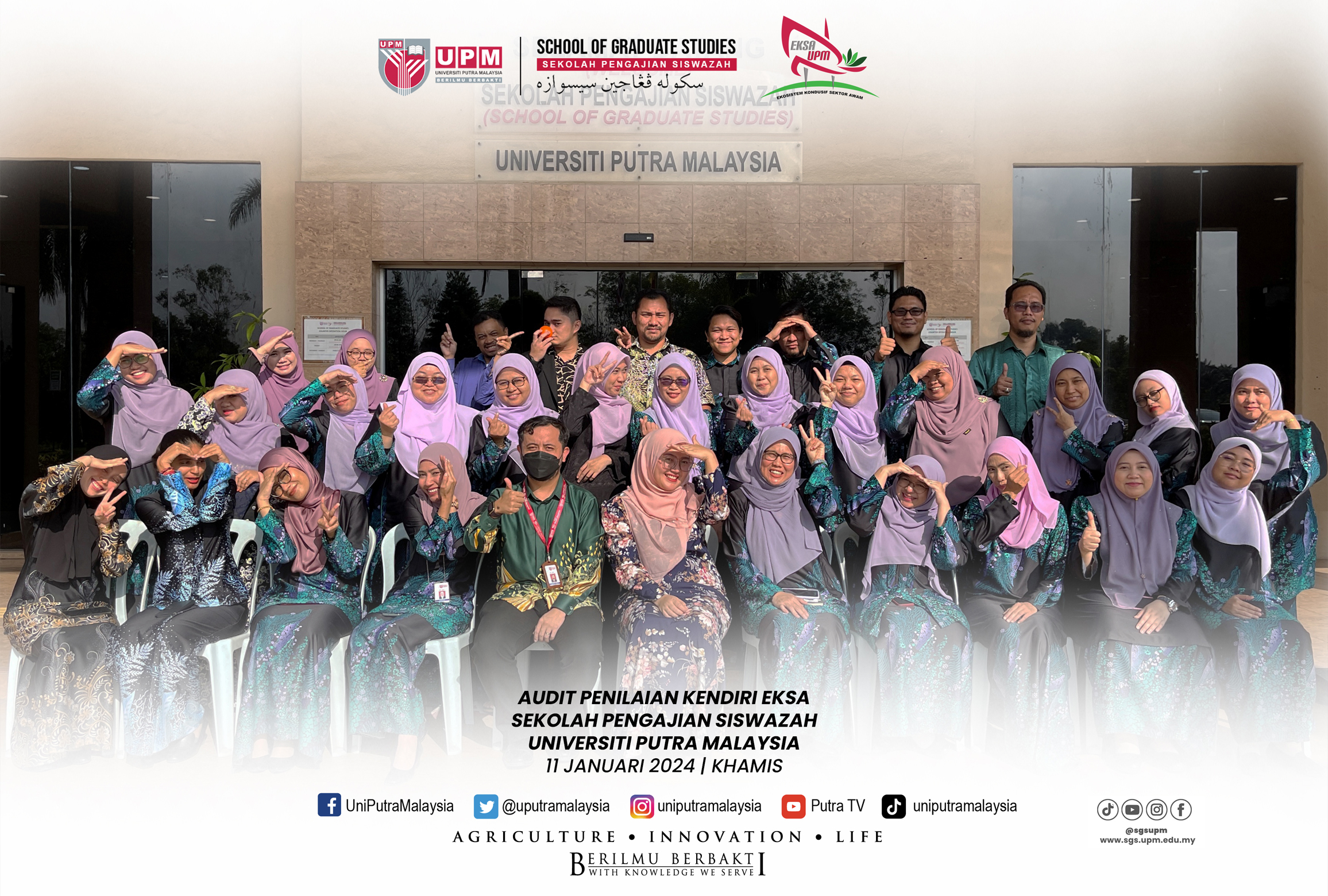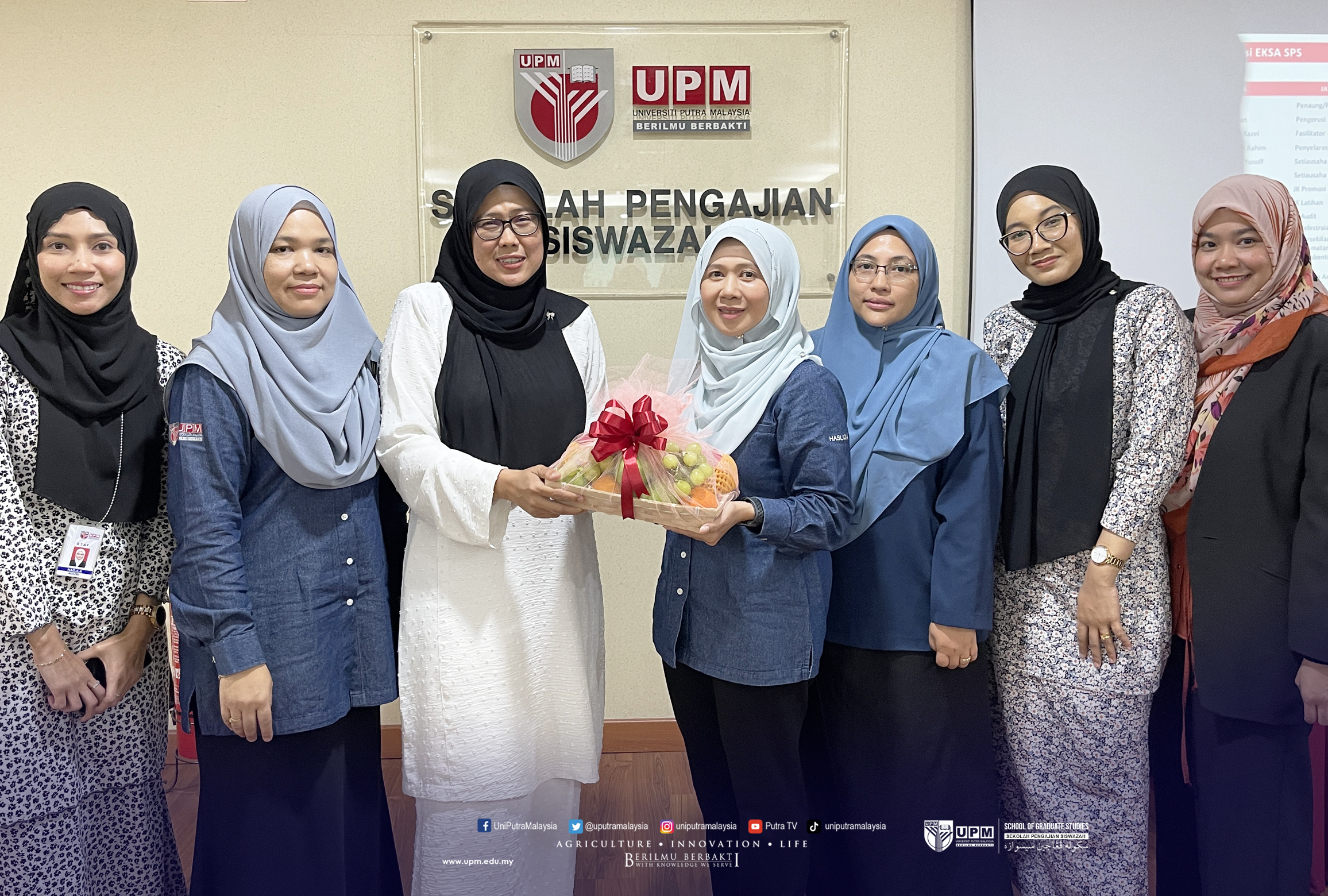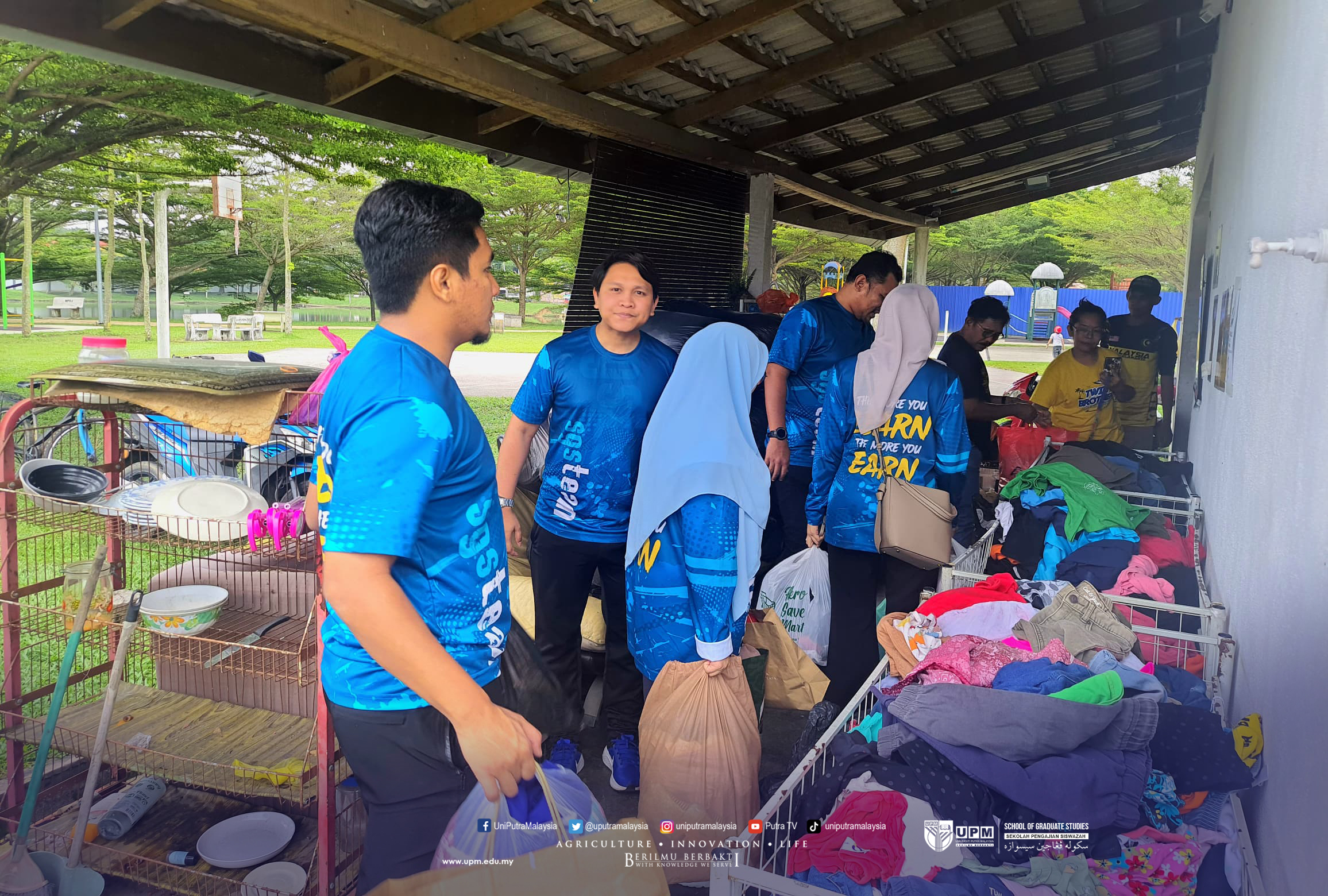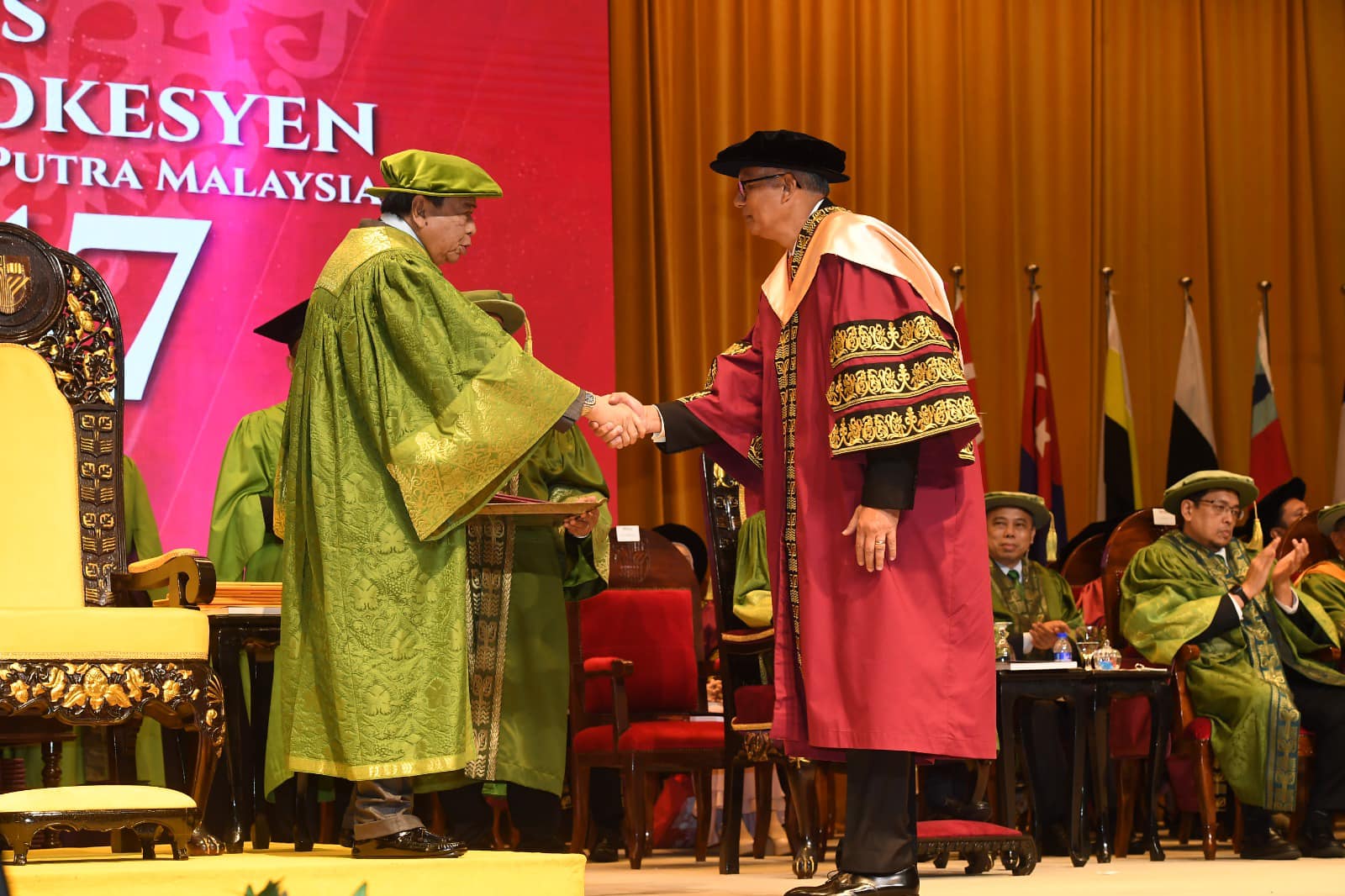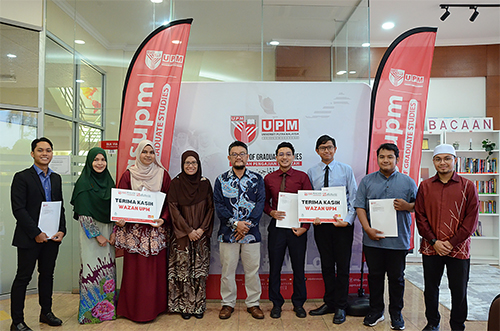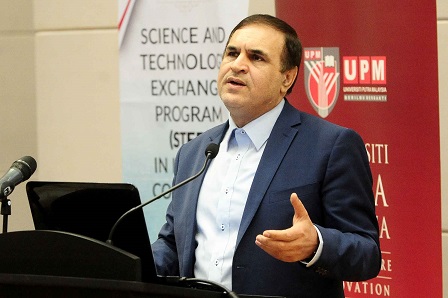
By: Azman Zakaria
Photo by: Marina Ismail
SERDANG, Dec 19 - Muslim countries must come together and produce a comprehensive plan to boost scientific collaborations in nano-science and nanotechnology, said Iran Nanotechnology Initiative Council (INIC) Secretary-General, Professor Sarkar Saeed.
"We should devote our time and come together and there should be collaborations between Muslim countries to develop this particular field. There is a need to put strategic planning, policies as well as programmes at the right place.
“Of significance is capacity-building, and the plan must be in accordance with our capacity. We cannot have just one single plan for all because the level of development is not the same in the countries," he said.
"We need contributions from each and every country, we must share the instruments and infrastructure and most importantly, we must know the capabilities of each other," he said in his speech at the Nanoscience and Nanotechnology Development Forum held in collaboration with Mustafa Science and Technology (MSTF) under the Science and Technology Exchange Program (STEP) in Islamic Countries, here.
The program was jointly organized by University Putra Malaysia (UPM) and Mustafa Prize Secretariat.
Professor Sarkar who is also Mustafa Prize representative, said the future of Muslim countries depend on science and technology, adding that a knowledge-based economic cycle will not only regenerate knowledge but also convert knowledge into wealth.
"This must be carried out and this is what we need. There must be a comprehensive programme to provide for a proper environment.
“We must know how to do it and persuade decision-makers to do the needful," he said.
Professor Sarkar also pointed out the importance to set up a foundation within Islamic nations where facilities could be shared.
"We should work together, hand-in- hand to make the necessary preparations for the future of our nation," he said.
To revitalize the golden era of science and technology in Islamic countries, he said a sustainable knowledge-based economy was inevitable to be achieved by Muslim societies.
"We need to be together, hand-in- hand, at least, to do our fair share for the world. The important activity is to instill awareness where we must be able to relay the message across. And there should be a goal," he said. - UPM











